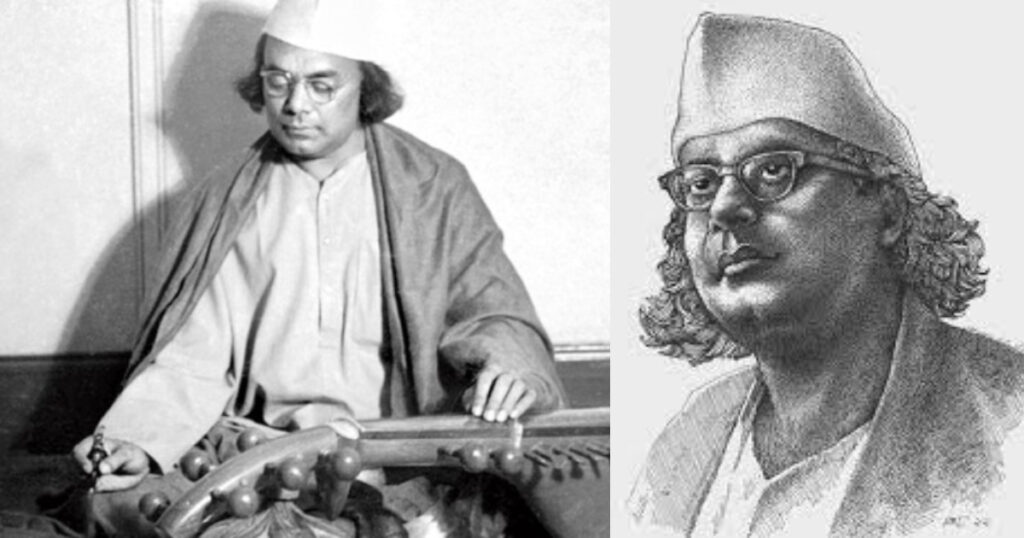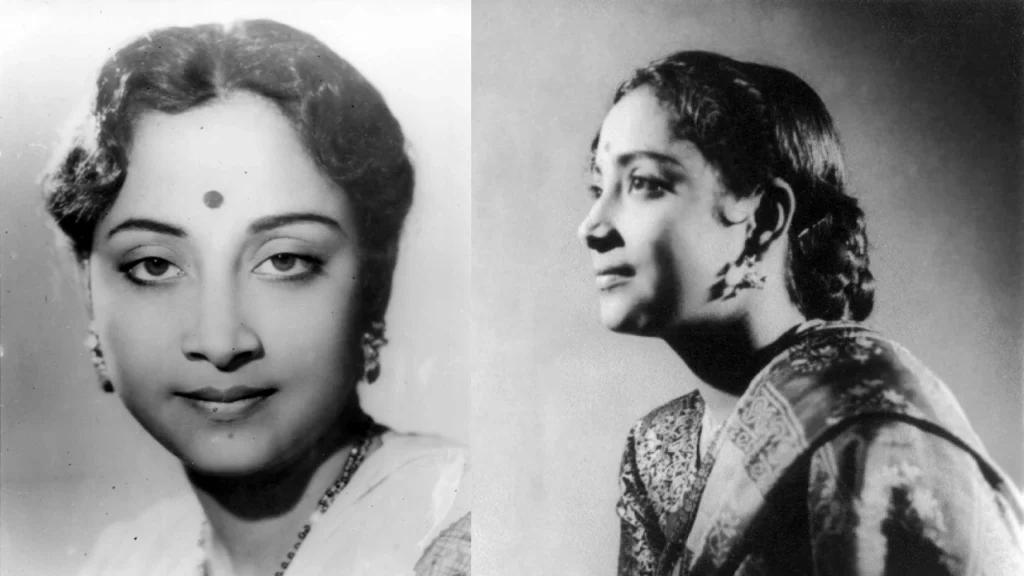Kazi Nazrul Islam, widely known as the “Rebel Poet” of Bengal, was a multifaceted artist whose life and works left an indelible mark on Bengali literature, music, and the socio-political landscape of his time. Born on May 25, 1899, in the village of Churulia in what is now Bangladesh, Nazrul Islam’s life journey was marked by a passionate commitment to social justice, a fervent love for his language and culture, and an unwavering dedication to the pursuit of artistic excellence.
Early Life and Education
Nazrul Islam’s childhood was characterized by poverty and hardship, but he exhibited a natural talent for poetry and music from a young age. Despite limited formal education, he read voraciously and honed his skills through self-study. His early exposure to the works of classical and Sufi poets, as well as his innate creativity, laid the foundation for his future literary endeavors.
Literary Contributions
Nazrul Islam’s literary career took off in the early 1920s when he began contributing poems and essays to various literary magazines. He soon gained recognition for his powerful and evocative poetry, which touched upon themes of freedom, equality, and justice. His verses resonated with the common people, earning him the title of the “Rebel Poet” for his bold and unapologetic expressions of dissent against oppression and tyranny.
One of his most famous poems, “Bidrohi” (The Rebel), became an anthem for those fighting for their rights. In this poem, Nazrul celebrated the indomitable spirit of resistance, urging people to rise against all forms of injustice. His poems often conveyed a deep sense of empathy for the downtrodden and a call for societal change.
Music and Artistry
Nazrul Islam was not just a poet but also a talented musician. He composed over 4,000 songs, known as “Nazrul Sangeet,” that explored a wide range of emotions and themes, from love and spirituality to patriotism and social justice. His songs continue to be cherished by music enthusiasts to this day.
As a versatile artist, he also delved into drama and wrote several plays that showcased his innovative approach to theater. His play “Tasher Desh” (The Land of Cards) remains a celebrated work, blending music, poetry, and drama in a unique and captivating way.
Social and Political Activism
Nazrul Islam’s activism extended beyond the realm of art. He was a staunch advocate for social justice, communal harmony, and the rights of the marginalized. His writings and speeches were instrumental in raising awareness about the socio-political issues of his time. He actively participated in the Indian freedom movement, using his words and music to inspire the masses.
Incarceration and Health Challenges
His relentless pursuit of justice and freedom led to multiple arrests and periods of incarceration during British colonial rule. These imprisonments took a toll on his health, leading to various physical and mental health issues. However, his spirit remained unbroken, and he continued to write and create even while in confinement.
Legacy and Impact
Kazi Nazrul Islam’s contributions to Bengali culture and literature are immeasurable. He remains an iconic figure in the history of Bengal, revered for his courage, creativity, and commitment to social change. His works continue to inspire generations of artists, writers, and activists.
In recognition of his remarkable contributions, the Bangladesh government and various cultural institutions have celebrated his legacy by establishing museums, monuments, and awards in his name. His poetry and songs, with their enduring relevance and emotional resonance, continue to be performed and enjoyed worldwide.
Conclusion
Kazi Nazrul Islam, the “Rebel Poet” of Bengal, was a poet, musician, and freedom fighter whose life and works continue to inspire and resonate with people from all walks of life. His unwavering commitment to justice, his profound artistic talent, and his fearless expression of dissent make him an enduring symbol of the human spirit’s resilience and creativity in the face of adversity. His legacy serves as a reminder of the power of literature and music to shape society and inspire change.



